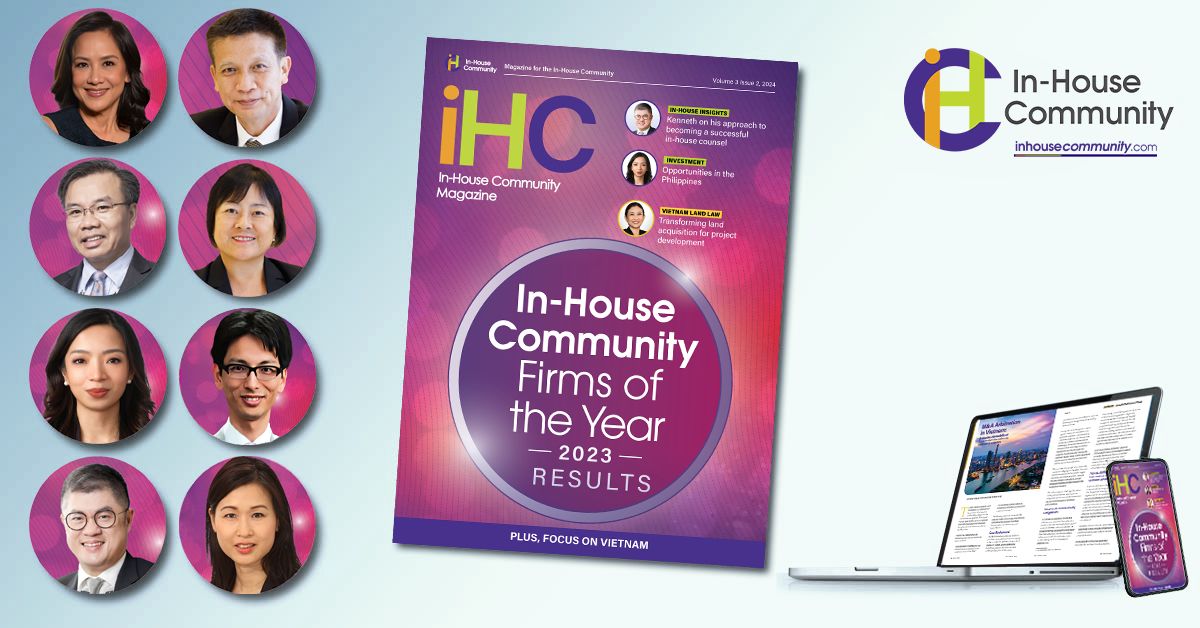Male partners at the world’s top law firms earn almost a third more than their female colleagues, according to a new study.
The data comes ahead of a ground-breaking new requirement in the UK for all companies with more than 250 employees to publish data on their gender pay gap by April 5, which is expected to show wide differences between men and women working in financial services.
The law firm survey, which was conducted by Major, Lindsey & Africa, fielded responses from partners at the top 30 UK firms and the AmLaw 100 firms with London offices. Female partners reported earning an average of £502,841 (US$709,000) a year, compared to an average of £667,521 earned by male partners.

In-House Community will soon publish its own Women in Law study based on surveys of more than 2,500 in-house delegates attending our events around the world. Last year’s results showed that women are still second to men across most jurisdictions when it comes to taking the senior in-house role of general counsel or head of legal, with only 41% of women assuming the top role across Asia and the Middle East.
The pay gap revealed among law firm partners is lower than that in the financial sector as a whole, according to official data in the UK, which shows a gap of 35.1%. However, the gap for law firms would likely be significantly higher if the entire staff is taken into account, as men tend to be over-represented at partner level and under-represented at the lower end of the pay scale. According to Taylor Root, just 25 percent of partners in law firms are women.
Indeed, gender imbalance among top earners is a common pattern across the financial sector. Earlier this month, British insurer Aviva became one of the first financial services companies to publish data under the new UK requirements and revealed a gap of 28.5 percent across its entire staff.
“As a woman in financial services, I’m not proud of our gender pay gap figures,” said Angela Darlington, Aviva’s chief risk officer. “We’re already doing a lot to increase the number of women in our senior roles, but it’s clearly not enough.”
Although the law firm survey uncovered a 10% difference in origination between women and men, this was not enough to explain the pay gap. Female partners surveyed were responsible for average originations of £1.8 million, compared to £2 million for male partners.
“This data highlights that we still have a long way to go before we reach compensation parity for women in law firms,” said Nick Paleocrassas of Major, Lindsey & Africa’s partner practice group. “While the survey brings to light many positives, particularly that City partners overall feel relatively satisfied and fulfilled, it also accentuates some of the challenges that come with practising law at the highest level.”
The pay gap for lawyers is much higher than for workers overall. The latest figures in the UK show a difference of 9.1 percent for all workers, though the data also shows that the gap in salaries rises steadily with income. The highest-paid men take home 54.9 percent more than their female colleagues.
Interestingly, the survey also revealed that satisfaction among laterals was notably higher than among home-grown partners: 76% of lateral partners described themselves as satisfied (without factoring in compensation considerations) compared to just 57% of home-grown partners.
More than half of the participants said they would trade in a portion of their compensation for another benefit, such as time off, a more flexible work schedule or reduced billable hours.
The survey revealed a clear correlation between the openness of a firm’s compensation structure and partners’ satisfaction with their compensation, with partners working in open systems identifying themselves as more satisfied than those working in less transparent systems.
A significant proportion of partners working in non-lockstep firms say it has had a positive impact on earnings and slightly more than a quarter say it has had a positive impact on retention. However, partners apparently believe that meritocracy has a negative effect on collaboration, information sharing and allocation of work.
The survey was conducted in conjunction with legal research firm Acritas.












